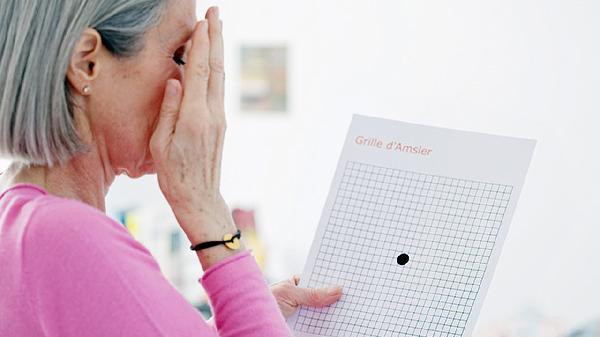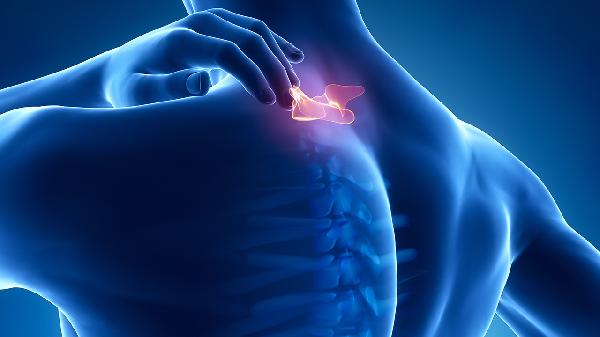As people reach a certain age, many experience memory decline, which can lower the quality of daily life. Additionally, memory decline can be a precursor to Alzheimer's disease. So, what can elderly people do to address memory decline?
Take a Walk
Walking for 30 minutes daily is very beneficial for the brain. Experts suggest: "Exercise helps protect the memory and cognitive functions of the elderly." Moreover, exercise can also prevent diseases that cause memory decline, such as high blood pressure, diabetes, high cholesterol, obesity, and stroke. Studies have shown that physical activity can trigger the release of a protein that promotes brain cell health and enhances memory.

Mediterranean Diet
A healthy diet is crucial for the brain, especially a simple, light, and nutrient-rich Mediterranean diet. Experts advise: "The Mediterranean diet doesn't just mean Italian pasta and pizza; it also includes plenty of fresh fruits, vegetables, fish, and vegetable oils. A study found that those who strictly follow this diet have a 20% lower risk of developing memory-related diseases."
Brain Exercises
Experts recommend: "Just like physical exercise, mental exercise is also beneficial. Activities that challenge the mind, such as playing cards, reading, watching football games with friends, or playing brain games, can help maintain memory."
Rich Social Activities
Research has found that the more social connections a person has, the better their memory function is maintained. Social interactions can also enhance memory by influencing mood.
Adequate Sleep
Poor sleep can lead to reduced attention and impaired memory. The following methods can help improve sleep quality: avoid heavy meals before bed; maintain a regular sleep and wake schedule; avoid caffeine or alcoholic beverages before sleep; and refrain from smoking.
Avoid Stress
Experts suggest: "Excessive stress harms the brain. It has been confirmed that high levels of the stress hormone cortisol can cause memory decline." It is recommended to relieve stress through methods such as meditation, yoga, or massage.
Quit Smoking
As people age, smoking can accelerate memory decline. If you have a smoking habit, it's best to quit. Experts point out that smoking's impact on memory may be related to its potential to cause minor strokes in the brain.
Regular Health Check-ups
Sometimes, conditions such as thyroid disease, diabetes, depression, or vitamin deficiencies can also trigger memory decline. Additionally, medications like sleeping pills and anti-anxiety drugs can affect memory. It is advised to have regular health check-ups and promptly treat these conditions.
Master Memory Techniques
When facing memory difficulties, mastering some techniques can be very helpful. For example, when learning a new name, say it out loud and imprint it in your mind. Mentally associate an image with each new name. You can also post sticky notes around the house to jot down important things.
























